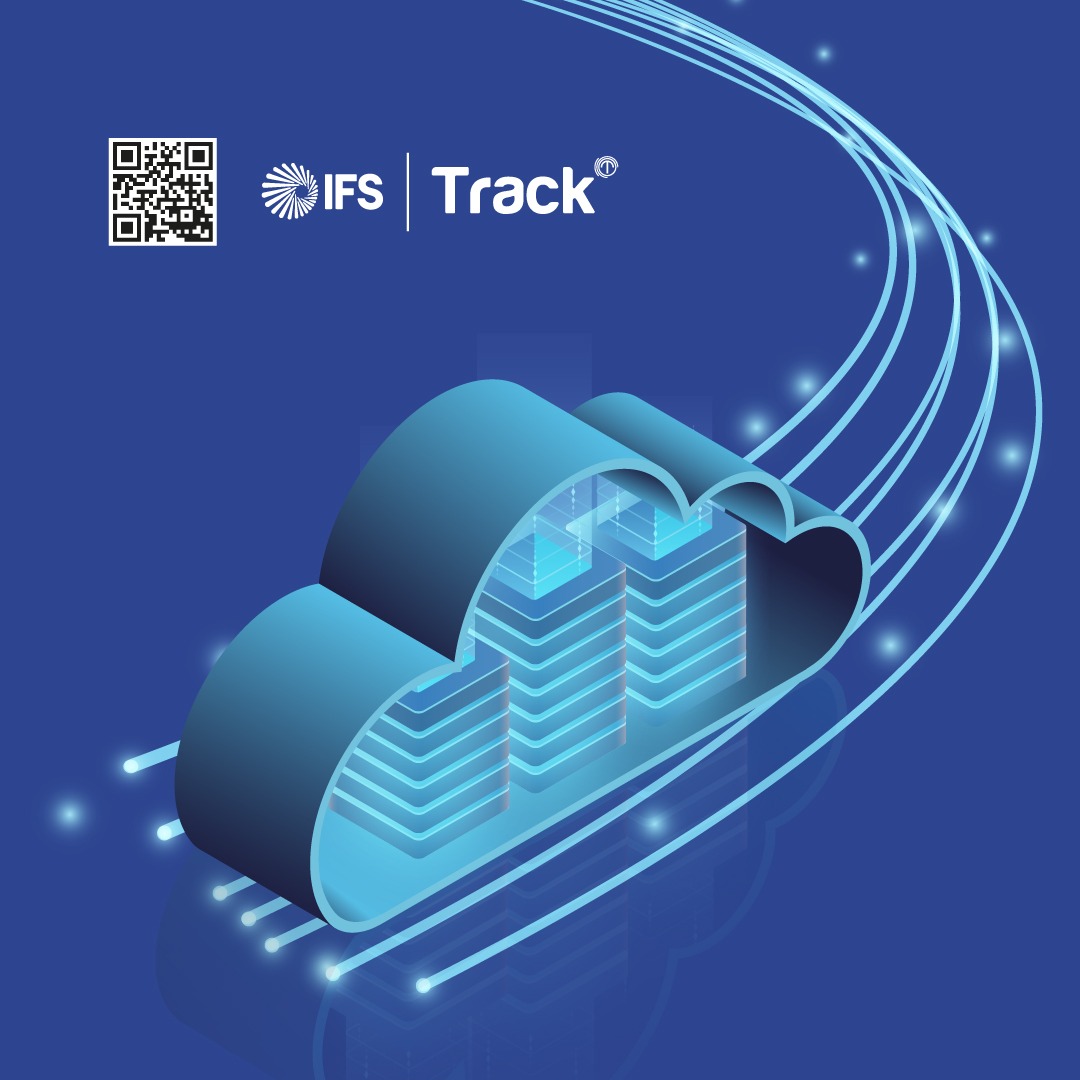- Define Clear Roles and Expectations
- Foster Collaboration and Communication
- Provide Training and Support
- Manage Risks and Changes
- Celebrate Achievements and Rewards
- Here’s What Else to Consider
1. Define Clear Roles and Expectations
One of the first steps to ensure your ERP team meets its goals is to define the roles and responsibilities of each team member and communicate them clearly. This will help avoid confusion, duplication, or gaps in tasks and deliverables. It will also help align the team with the project scope, objectives, and milestones. You can use tools such as a RACI matrix (responsible, accountable, consulted, informed) to assign roles and expectations for each team member and stakeholder.
2. Foster Collaboration and Communication
Another key factor for a successful ERP team is collaboration and communication. You need to create a culture of trust, transparency, and feedback among your team members and stakeholders. You can use various methods and tools to facilitate collaboration and communication, such as regular meetings, status reports, dashboards, online platforms, or chat apps. You should also encourage your team to share their ideas, opinions, challenges, and solutions with each other and with you.
3. Provide Training and Support
ERP projects can involve complex and unfamiliar technologies, processes, and standards. You need to ensure that your team has the necessary skills and knowledge to perform their tasks and overcome any difficulties. You should provide adequate training and support to your team, both before and during the project. You can use different formats and sources of training, such as online courses, webinars, manuals, or mentors. You should also monitor your team’s performance and provide feedback, coaching, or assistance as needed.
4. Manage Risks and Changes
ERP projects can face various risks and changes that can affect their outcomes and timelines. You need to identify, assess, and mitigate the potential risks and changes that can impact your team and the project. You can use tools such as a risk register, a change request form, or a change log to document and track the risks and changes. You should also communicate the risks and changes to your team and stakeholders and involve them in the decision-making process.
5. Celebrate Achievements And Rewards
Finally, you need to recognize and appreciate your team’s efforts and achievements throughout the project. You should celebrate the milestones, successes, and learnings that your team accomplishes and reward them accordingly. You can use different ways to celebrate and reward your team, such as public recognition, appreciation emails, bonuses, or incentives. You should also solicit feedback from your team and stakeholders on the project and the team performance and use it to improve your future ERP projects.
6. Here’s what else to consider
This is a space to share examples, stories, or insights that don’t fit into any of the previous sections. What else would you like to add?
SOURCE : Planning, E. R. (2023d, December 26). How can you ensure your ERP team meets its goals? www.linkedin.com. https://www.linkedin.com/advice/0/how-can-you-ensure-your-erp-team-meets-76o5e?trk=cah1

